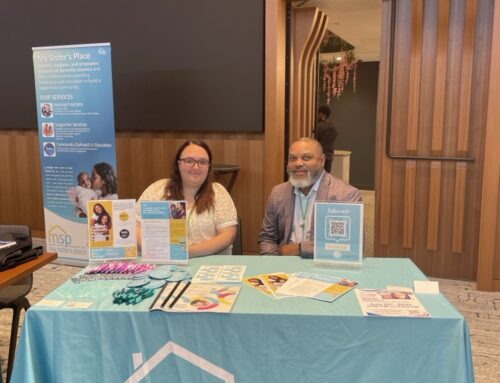Domestic Violence and PTSD: Shining a Light on Silent Struggles
Each June, awareness efforts turn toward two critical and often interconnected issues: domestic violence and post-traumatic stress disorder (PTSD). While PTSD is commonly associated with combat veterans, millions of survivors of domestic violence silently carry the invisible wounds of trauma. Domestic Violence and PTSD Awareness Month serves as a powerful reminder that the impacts of abuse extend far beyond physical scars—and that healing is possible with the right support.
Understanding the Link
Domestic violence is a pattern of abusive behavior—physical, emotional, psychological, or sexual—used to gain or maintain control over a partner. Survivors often endure repeated trauma, which can lead to PTSD, a mental health condition triggered by experiencing or witnessing terrifying events. Symptoms of PTSD include flashbacks, nightmares, severe anxiety, and emotional numbness, which can make daily life incredibly difficult.
Why This Month Matters
Raising awareness in June helps reduce stigma, educate the public, and encourage survivors to seek help. Many victims suffer in silence due to fear, shame, or lack of resources. Acknowledging the psychological toll of domestic abuse validates survivors’ experiences and reinforces the importance of trauma-informed care.
Moving Toward Healing
Support can take many forms: therapy, support groups, crisis hotlines, and safe shelters such as My Sister’s Place. Advocates and mental health professionals play a vital role in recovery, offering a path toward healing and empowerment. Communities can also contribute by fostering safe spaces and promoting prevention education.
Take Action
Whether by sharing resources, donating to shelters, or simply listening without judgment, each of us can make a difference. This June, let’s honor the strength of survivors and commit to a world free from violence and fear—where healing is not just possible, but expected.
For anyone who would like to support our work in empowering survivors of domestic violence in D.C. you may donate to My Sister’s Place, sign up to volunteer, or email us about setting up domestic violence training in your community. Help us end the cycle of domestic violence and empower everyone to build healthy lives and relationships.




